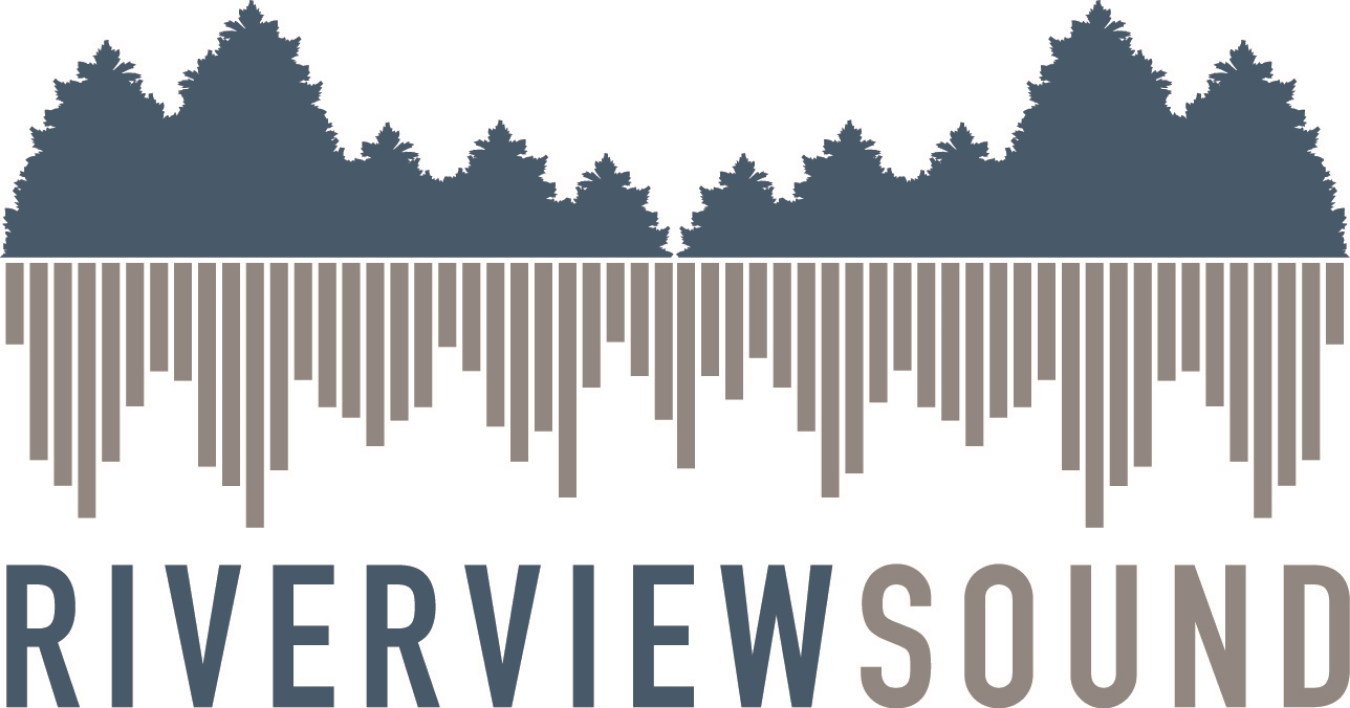1. Start With a Title
The song title is arguably the most important element of your song to help define the overall direction and framework for your new masterpiece. Keep a running list of song titles and spend time brainstorming titles only — this will help down the road with options to choose from and become a catalyst for the creative process. Plus, titles are not protected by copyright laws. An interesting strategy to consider, especially for an emerging artist, is to pick a title that is well known and create an original composition around it. When songs with recognizable titles are released, then they become associated with other already famous works with the same name. Translation = you will increase your odds of being found by new fans with this association.
2. Universal Appeal, With a Twist
Pick a title that has some universal appeal. If you are trying to get your songs out to the masses, then you best choose to write about subjects that are universal in nature, connecting us all on some level. The trick however is to put a new, unique twist on the universal topic/concept you're addressing. There are thousands and thousands of songs about love, but if you can breath fresh live into an age-old subject, then your writing will have a much better chance of standing out. Using metaphors, for example, can be a great way to put a new spin on a universal concept.
3. Incorporate the Title Into the Hook / Chorus
Your song becomes more cohesive and powerful if the title is tied directly into the hook. This can also help writers keep their focus throughout the process and spread a more powerful message, that is universal. In some ways, it can also simplify the process and help to establish purpose with your song/hook/message. How many songs do you know that do this? "Let It Be", "You Can't Always Get What You Want", "I Still Haven't Found What I'm Looking For", "No Woman, No Cry", "What's Going On?"….the list goes on and on and on.
4. Verses Should Tell The Story and Support Your Hook / Chorus
Verses should be used to support your hook and chorus. They are key to help you set up what is to come in the chorus. The verses can help tell the story and set the stage for the main message. Each verse can be used to expand on the story, but consistently tying them back to the hook/chorus will help you in telling a compelling and crisp story, and set the right mood for maximum impact.
5. A Bridge (Middle 8) Adds An Unexpected Lift
The "Middle 8" or "Bridge" is typically an 8-bar section often placed in the middle of a song with a different progression than either the verses or chorus. Bridges are used to highlight a new element to the storyline or song and to provide some sonic diversity that help create an unexpected turn and lift in the music. A Middle 8 can help to set the stage for the grand finale in the song, and also be a nice compliment to your other sections.
6. Melodies = Money
A few years ago I had the opportunity to work with a well established Country songwriter in Nashville. After hearing a few of my songs he looked at me and said, "You should do nothing but exclusively listen to Classical music for a year and see how that impacts your melodies". His point was well-taken. Melodies in songs are as important, if not more, than having a strong hook. Melodies are also part of the music that can be protected under copyright, so when I say melodies = money, it's pretty literal. Melodies do more than support your lyrics, they define your sound, feel and emotion of the song. Because there are so many unique melodies composed as part of orchestra arrangements, Classical music can be a great source of inspiration when crafting popular songs.
7. Two Heads Are Better Than One
Lennon / McCartney. Jagger/Richards. Bacharach/David. Some of the best songs ever written were actually collaborations between 2 people. I know it's cliché, but when it comes to songwriting two heads are often better than one. I've found that some of the best songs I've written have been in collaboration with another writer/artist with whom I identify with in some way. The dynamic of a duo keeps in place a nice system of checks/balances for your writing and perhaps also the opportunity to leverage each of your own unique strengths (e.g. One may be better with melodies, the other may be better with writing hooks).


